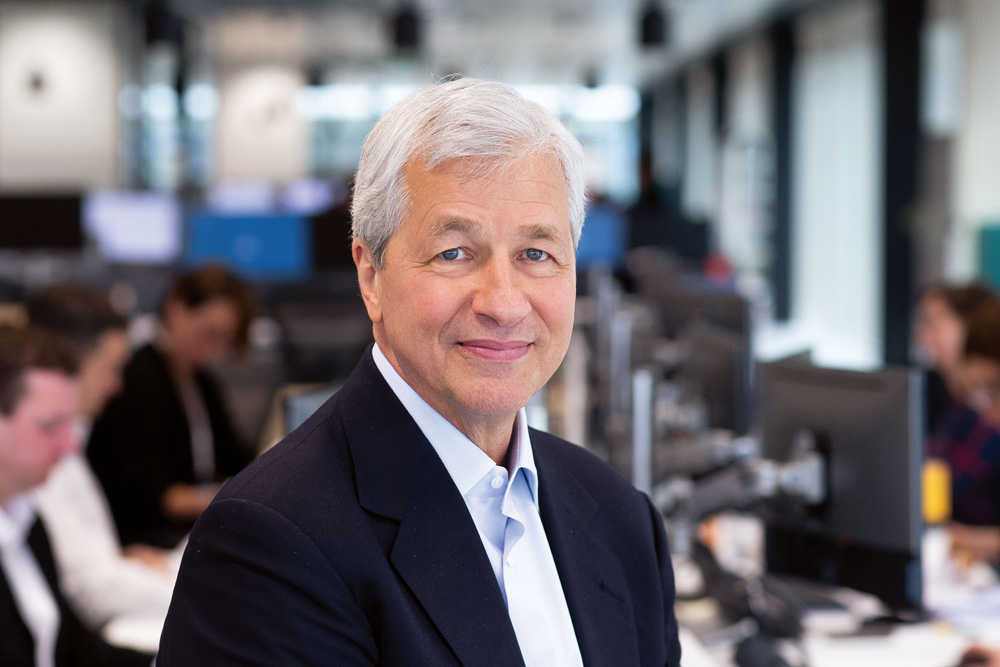JPMorgan Chase CEO Jamie Dimon has issued a stark warning to U.S. leadership, calling on the government to prioritize national defense by stockpiling weapons, ammunition, and critical military supplies—rather than focusing on cryptocurrency reserves.
Speaking at the inaugural Reagan National Economic Forum in California, Dimon expressed concern about the country’s defense preparedness in an era where artificial intelligence and microchips are becoming increasingly vital for military power.
“We know what constitutes national security,” Dimon told CNBC’s Morgan Brennan during a panel discussion. “We shouldn’t be stockpiling Bitcoin. We should be stockpiling guns, bullets, tanks, planes, drones, and rare earths. We know what we need—it’s not a mystery.”
His comments came amid criticism of President Donald Trump’s recent executive order establishing a Strategic Bitcoin Reserve and a digital asset stockpile, intended to hold billions of dollars’ worth of cryptocurrency.
Though Trump was previously skeptical of crypto—once calling it a tool for drug dealers—his stance has shifted dramatically since launching his own meme coin, which has generated more than $324 million in trading fees since January. On March 6, he officially ordered the creation of national crypto reserves, a move Dimon appears to see as misguided.
A recent Washington Post report estimated the value of both reserves at $21 billion.
Still, Dimon stressed that real threats to national security—particularly potential conflict with China—demand more traditional forms of preparation.
“The military guys tell you that if there’s a war in the South China Sea, we have missiles for seven days,” he warned. “We can’t say that with a straight face and think it’s okay.”
He referenced a December House report that found the U.S. would exhaust its stockpile of long-range anti-ship missiles within a week if drawn into a full-scale war with China.
Dimon said JPMorgan is preparing a detailed report to help lawmakers understand the root of the problem and recommend solutions. Among his key concerns: outdated budgeting systems and lack of flexibility in defense spending.
“We don’t leave behind surplus production capabilities for missiles or bombs,” he explained. “The military can’t flexibly move money. The hardware and software needs change so fast. We need to allow multi-year budgeting—but we essentially don’t.”
Dimon cited military estimates that current inefficiencies cost the U.S. roughly $50 billion annually and called for a significant boost in spending.
While national defense dominated the conversation, Dimon also touched on domestic vulnerabilities. He warned that internal dysfunction—more than external threats—could be the country’s greatest risk.
“I’m not as worried about China. I worry about us—our values, our capabilities, our management. Can we get our act together?” he asked.
Dimon also addressed concerns about the U.S. dollar’s status as the world’s reserve currency, suggesting that America’s global financial dominance hinges on maintaining its military and economic leadership.
“If we are not the preeminent military and the preeminent economy in 40 years, we will not be the reserve currency. That’s a fact—just read history,” he said.
He concluded by calling for action on key domestic reforms, including fixing the permitting system, improving immigration and taxation policies, and addressing inner-city schools and health care.

